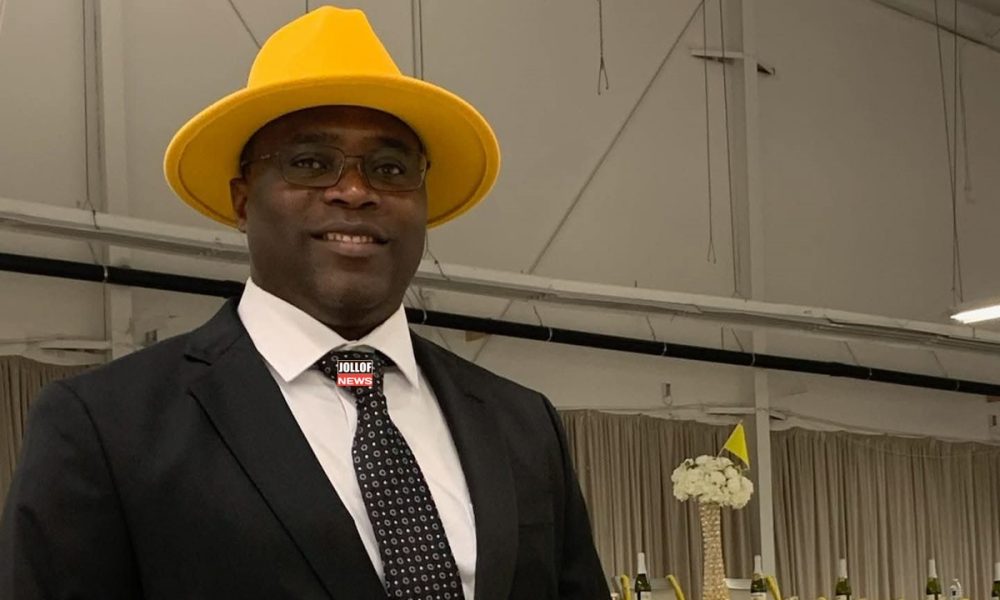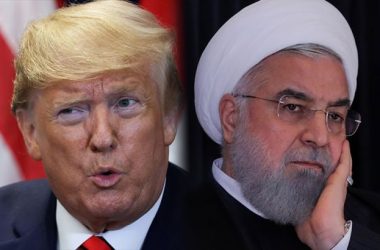Tribalism poses significant dangers to Gambian society, often dividing communities along ethnic lines, fostering distrust and conflict. We can engage in constructive debates by promoting our individual perspectives without resorting to tribal diatribes, focusing on what adds value to our society. Key reasons for its potential harm include:
1. Social Division: Tribalism can lead to polarization, where individuals prioritize tribal affiliations over national identity, limiting social cohesion and mutual support.
2. Conflict and Violence: Tribal tensions can escalate into conflicts or violence when competition for resources or political power arises, destabilizing regions and disrupting peace.
3. Discrimination: Tribalism can manifest in discrimination against those from other tribes, affecting access to employment, education, and political representation, undermining unity and equality.
4. Political Manipulation: Politicians may exploit tribal sentiments to gain support or perpetuate divisions, further entrenching divisions rather than promoting a collective national agenda.
5. Economic Impacts: Societal fragmentation due to tribalism can hinder economic development by discouraging collaboration across groups.
Promoting inclusiveness and understanding among different tribes is essential for building a united Gambian society. Emphasizing shared identity over tribal affiliation can help mitigate these dangers. Supporters should engage in civil online discourse, being measured in character and words.
I condemn the statement of a UDP supporter directed at Talib Ahmed Bensouda. To avoid miscommunication, I urge everyone to communicate in their local language to convey a direct message rather than transliteration, where meanings can be truly distorted.





